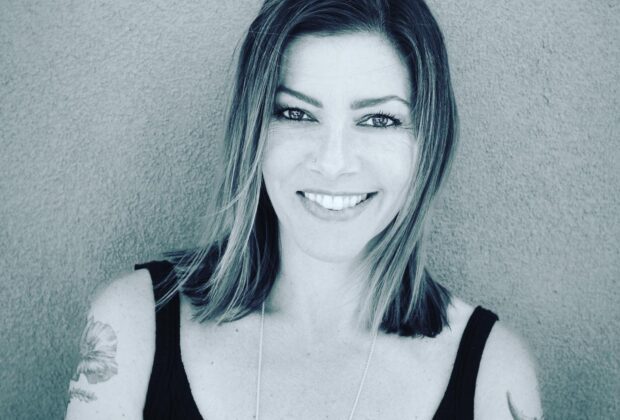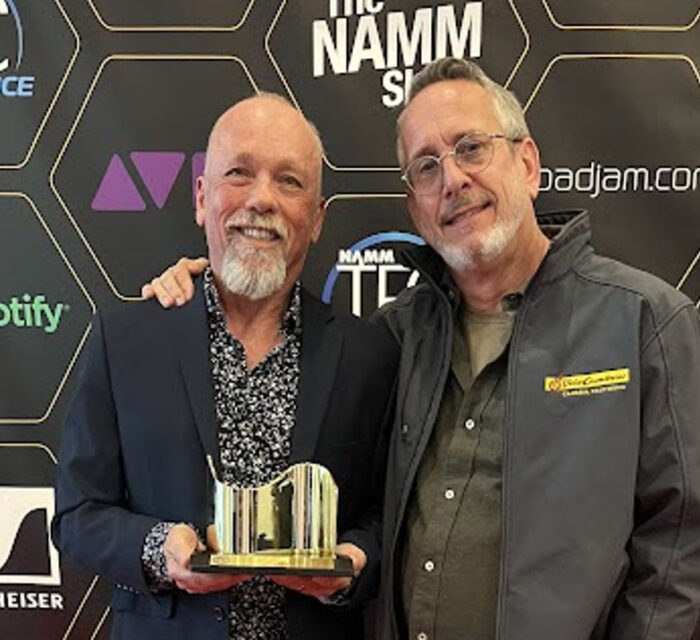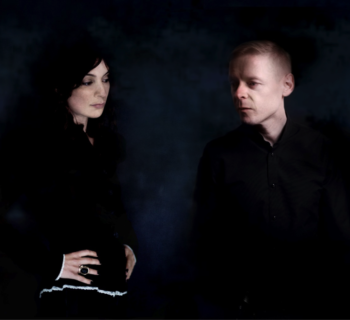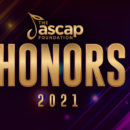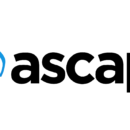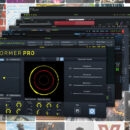Founder & CEO
The Press House
Years with Company: 24
Address: Brooklyn, NY
Phone: 646-322-4903
Web: thepresshouse.com
Email: dawn@thepresshouse.com
Clients: Children in Conflict, City Winery, Dina LaPolt, Fixated, Jason Flom, Lava for Good, Morrison Hotel Gallery, Merlin, Playing for Change Foundation, The Soho Sessions, SPIN, Sun Label Group (including Gaither Music, Sun Records and artists such as Smokey Robinson and The Waterboys), True Tickets
BACKGROUND
Dawn Kamerling began The Press House on the floor of her apartment in 2001. That little publicity company soon began to soar. Today, it continues to make waves, providing media relations, strategic planning, event production, social media services, and brand partnerships for artists as well as charitable organizations.
It Runs in the Family
I grew up with musical parents. In the ‘60s, my mother was a record producer. And my father was a saxophone player who studied with Ornette Coleman. So growing up, music was my normal way of life. We were always going to concerts and hanging out with rock stars. When I was in high school, my mom would be like, “I don’t want you going to keg parties,” but I could go backstage at the Bon Jovi concert.
Planets Align
When I hit my early 20s, I had been working as a professional actress and got to this place where I was like, “I don’t want to do this.” There was a moment of, what would you do if you didn’t do that? And I said to my mom, “I’d probably work in music.” I googled music industry jobs, and there were two that popped up. One was sound engineer and one was publicist. I could never be a sound engineer.
Then I clicked on publicist. The Planetary Group in Boston was looking to hire [one]. I read the description and was like, “I could totally do that.” So I applied for the job. I interviewed with Chris Davies and Adam Lewis, who I still talk to. And they were like, “You have no experience?” “Right.” “You have no contacts in media?” “Correct.” “Why should we hire you?” “Because I’m fearless.” And they hired me.
You Are Not Alone
One of my first clients was Skout. They came with me from The Planetary Group. Then I had Josh Ritter, Lori McKenna, Deb Talan—a lot of artists from that singer-songwriter scene.
In 2004, I moved the business to New York. It didn’t occur to me that there were other PR firms. When I realized there were a lot of people doing what I was doing, I had a moment of, am I going to stand out? And then it didn’t matter, because New York had enough for everybody. Now, instead of thinking of other publicists or companies as competition, they’re my dearest friends.
Asking Big
[In the past,] I would ask for the cover and get it. Media is very different now. But at the time, I would just ask big. People would hire me, not because I checked the boxes of how firms did their stuff; they hired me because they heard I could get results. They kind of gave me a pass on a lot of other things.
If you’re going to send a cold email, don’t make it too long. Check that your links work before you send it.
Building Strategies
Every client comes with different goals. You have to think about each client individually. And you have to know the media you’re in. If I’m sitting down with a client and they say to me, “We want this part of the story told,” for me to be good at my job and advise on strategy, I have to know who’s telling those types of stories. Not just who as a journalist, but what’s the platform. Is that happening more in podcasts? Is that happening more in broadcast? Is that happening more in print? Who’s writing the long form narrative pieces versus blurbs?
Have you ever watched Homeland? The Claire Danes character has this whiteboard with all these strings going across. It looks manic, but it makes sense to her. That’s how a media strategy can look. It’s not linear. You have to almost think in a visual way.
Making a Difference
We work with clients that are doing good. Jason Flom is a founding member of the Innocence Project. And when Lava hired us to do PR in 2018, it was incredible. I was helping get innocent people out of prison. When you do that, you really see the power of media. This is a perfect example of how one or two press stories in the right publications matter. I love when we can help a cause that’s meaningful. It makes throwing a party even more important.
Playing the Long Game
There are no guarantees in PR, and there’s no quick fix. When you’re ready to retain a publicist, be ready to spend your marketing budget. It’s not going to happen in a month. This is a long process. I feel this way when I spend money, too. What did I get for that price? That’s not the way to think when you’re hiring a publicist. You have to be able to see the long game.
Some of my most powerful press campaigns I worked on for a year. All of a sudden, I get people saying, “Why am I seeing this every place?” It’s not that it took a year to get press. It’s that it took a year for people to say that. That’s what everyone’s looking for—that moment where they’re like, “I see you everywhere.” That’s a year of pushing the narrative and then it finally sticking.
Always On
There’s a 24-hour news cycle. There used to be this ability to have a break, then come back and receive news again. And now it’s 24/7 around the clock on a billion platforms. That gives artists the chance to be their own storefront and their own business, but it also means you have a lot more competition.
The Art of the Email
If you’re going to send a cold email, don’t make it too long. Check that your links work before you send it. Make sure you have the person’s name right. Don’t send a novella or your full-length bio. No one is going to read it. Just send a catchy subject. “Check out my songs.” Put your Instagram in there. Put your Spotify, SoundCloud, or whatever in there, and follow up a week later if you haven’t heard back. Make it digestible.
Multiply Times Six
Every client is like six clients, because each client is asking you to do PR for many different things under their brands. An artist wants you to do PR for their new single. They also want you get hometown press. They also want to talk about the foundation they’re involved in. These are all different angles and stories. And if you’re good at your job, you’re pitching them separately. And together. And you know the difference of where to bring each part.
Rock Star Moments
I realized that, at the end of the day, everybody wants to be the rock star. So the model for PR is the same whether you’re talking about a restaurant opening, a CEO, or a tech company. Success looks like you created a rock star moment.
Everybody Hurts
A journalist friend and I were out to dinner last year. I said, “When I don’t land press, I still get upset.” And he’s like, “That’s what makes you good at your job.” It reframed it for me. I looked at it differently and thought, maybe it’s just because I really care.

